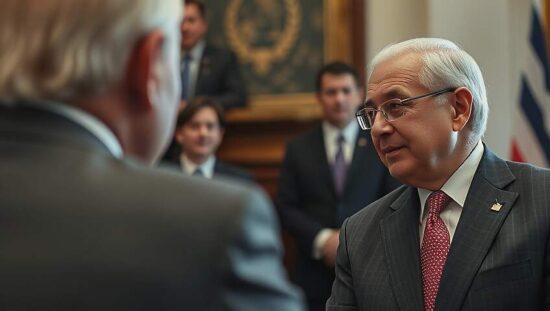The recent agreement between Israel and Hamas, securing the release of hostages and a temporary ceasefire in the Gaza Strip, has ignited a stark critique of Europe’s diminished role in the broader peace process. Armin Laschet, Chairman of the Bundestag’s Foreign Affairs Committee, voiced profound disappointment, describing Europe’s current diplomatic standing as “irrelevant” during this critical juncture.
Laschet, in remarks published by the Funke-Mediengruppe, pointed to a stark contrast between Europe’s actions and the engagement of the Arab world. While nations within the Arabic sphere have demonstrably assumed responsibility and actively contributed to de-escalation efforts, the European Union, he argued, has undermined its own influence through inconsistent sanctions threats and uncoordinated policy initiatives.
The recent unilateral recognition of a Palestinian state by individual EU member states has further eroded trust and fractured any semblance of a unified European front, according to Laschet’s assessment, significantly hampering the potential for constructive mediation.
The German politician framed the achieved agreement as a significant diplomatic victory for U.S. President Donald Trump, attributing the breakthrough to the pressure exerted on Hamas by Qatar, Egypt and Turkey. Only this concerted effort, he contends, compelled the militant group to relinquish its most potent leverage – the hostage situation. The commentary raises a pointed question: has the EU’s fragmented approach and focus on sanctions inadvertently ceded essential diplomatic leadership to external actors in a region of profound strategic importance? The incident is likely to fuel ongoing debate within European policy circles concerning the bloc’s effectiveness and its capacity to exert meaningful influence in the Middle East.





